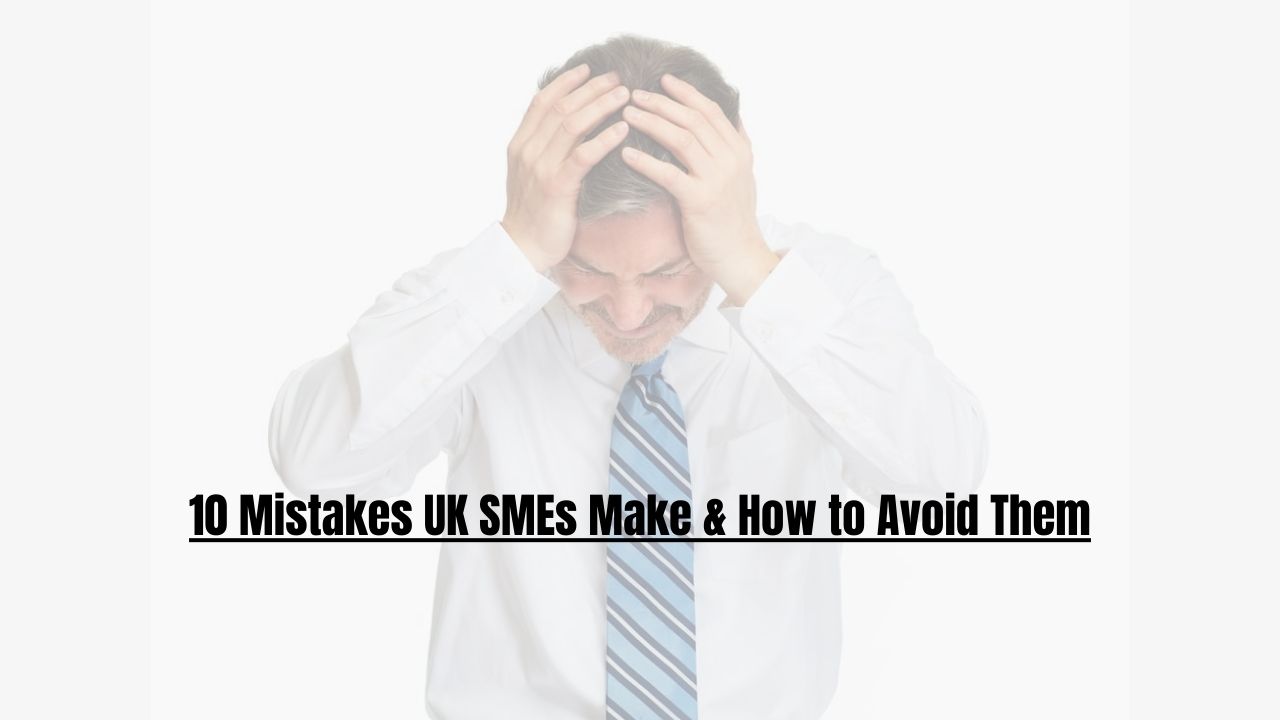
How to Claim Mortgage Interest as a Deduction on Rental Property Accounts
For any landlord or property investor, it is very important to know the best practice when it comes to offsetting mortgage interest against rental income. There are two sets of rules: one if you own your rental properties directly, and another if you own them through a limited company. In this blog, TVR Accountants, your professional accountants in Bury St Edmunds describe the way that mortgage interest tax relief operates for individual landlords and limited companies.
What is Mortgage Interest on Rental Income?
Mortgage interest relates to the amount paid for the borrowed funds to finance the purchase of a rental property. More specifically, mortgage interest is the principal way in which rental income affects the level of tax that you have to pay. Nevertheless the tax treatment of mortgage interest has been altered over the recent past particularly to private landlords.
Starting from the year 2020, private landlords could only put of mortgage interest equal to 75% of the basic tax rate against gross rents while calculating their tax. However, this deduction self-servicing is no longer in operation, and thus, private landlords get a basic tax credit on their 20%.
Tax on Rental Income: Limited Companies vs. Personally Owned Properties
Limited Company-Owned Properties
Where such rental units are owned through a limited company, then mortgage interest payable is tax allowable in full. This means that for each pound of mortgage interest paid, the company’s taxable profit is reduced by the same amount, which in turns ensures that its corporation tax is reduced by the same amount as well.
In respect of landlords that own property through a limited company, it is important that profits are retained within the company so as not to attract other taxes. Nonetheless, if you want to think of profit distribution as your overall return on investment, you may take it through salaries, dividends or pension, each of which is taxed differently. TVR Accountants based in Bury St Edmunds Suffolk can offer advice on the most tax effective manner to deal with your property income.
Personally Owned Properties
The regulation of properties owned personally is a little different from that of company owned: Mortgage interest is not permitted to be deducted as a pro-active expense. However, where you do get taxed on this, HMRC provides a tax credit of 20% on your Mortgage Interest. This tax credit is calculated based on the lower of three amounts:
1. Your total amount of financement as well as mortgage interest cost.
2. The gross rents less allowable expenditure other than financing costs, widely known as net property income or NPI .
3. The total income after accounting for all the adjustments that the tax payer needed to make for the tax year.
How it Works:
1. Calculate your rental income.
2. Subtract allowable expenses (except for the costs of mortgage) to arrived at the assessable rental income.
3. Determine your statutory income tax applying the income tax band to your tax return.
4. Use the tax credit of 20% for your mortgage interest.
The current scenario is that the 20% tax credit assists, higher rate taxpayers own a greater tax bill due to the fact that where possible, finance costs are negatively incorporated in ascertaining taxable profits. In some instances, this change may and up resulting in the taxpayer being moved to a higher tax rate.
Commercial Properties and Furnished Holiday Lets
- Commercial Properties: To the landlords of commercial properties, mortgage interest expense is recognized as a full business expense that can be set off against profit resulting in a lower taxable amount.
- Furnished Holiday Lets: Currently, the interest on mortgage for FHLs is allowed in full for income tax relief. However, from April 2025 the relief will be available only for a 20% tax credit for higher and additional rate taxpayers.
Should You Consider a Limited Company for Property Investment?
The change from direct mortgage interest reliefs to a flat rate tax credit made many landlords consider owning properties via a limited company. However, limited companies allow higher tax relief on mortgage interest, but, the transfer of properties or formation of the company has its disadvantages.
So, the first thing to do is always seek the advice of an expert. At TVR Accountants we offer services to help landlords and property investors with the structures they choose for property ownership in relation to tax and finance.
Why Choose TVR Accountants in Bury St Edmunds?
Being accountants based in Bury St Edmunds Suffolk we advise landlord on how they can reduce their taxation responsibilities in a way they never thought was possible. If you are searching for ‘accountants near me’ or need professional advice on property tax exemptions we are ready to go!
It is not always easy steering the tax rules for mortgage interest on rental income, but being aware of your choices is crucial to lowering your tax. Whether you are a landlord who owns property privately or via a limited company, then TVR Accountants based in Bury St Edmunds can give you the help you need to get the most from your rental property accounts.
If you would like to know how we can assist you on how to claiming mortgage interest tax relief, and to help you in managing your rental property accounts, don’t hesitate to call us now.You can reach us by phone on 01284332375 or send us an email at info@taxvatreturn.co.uk.



